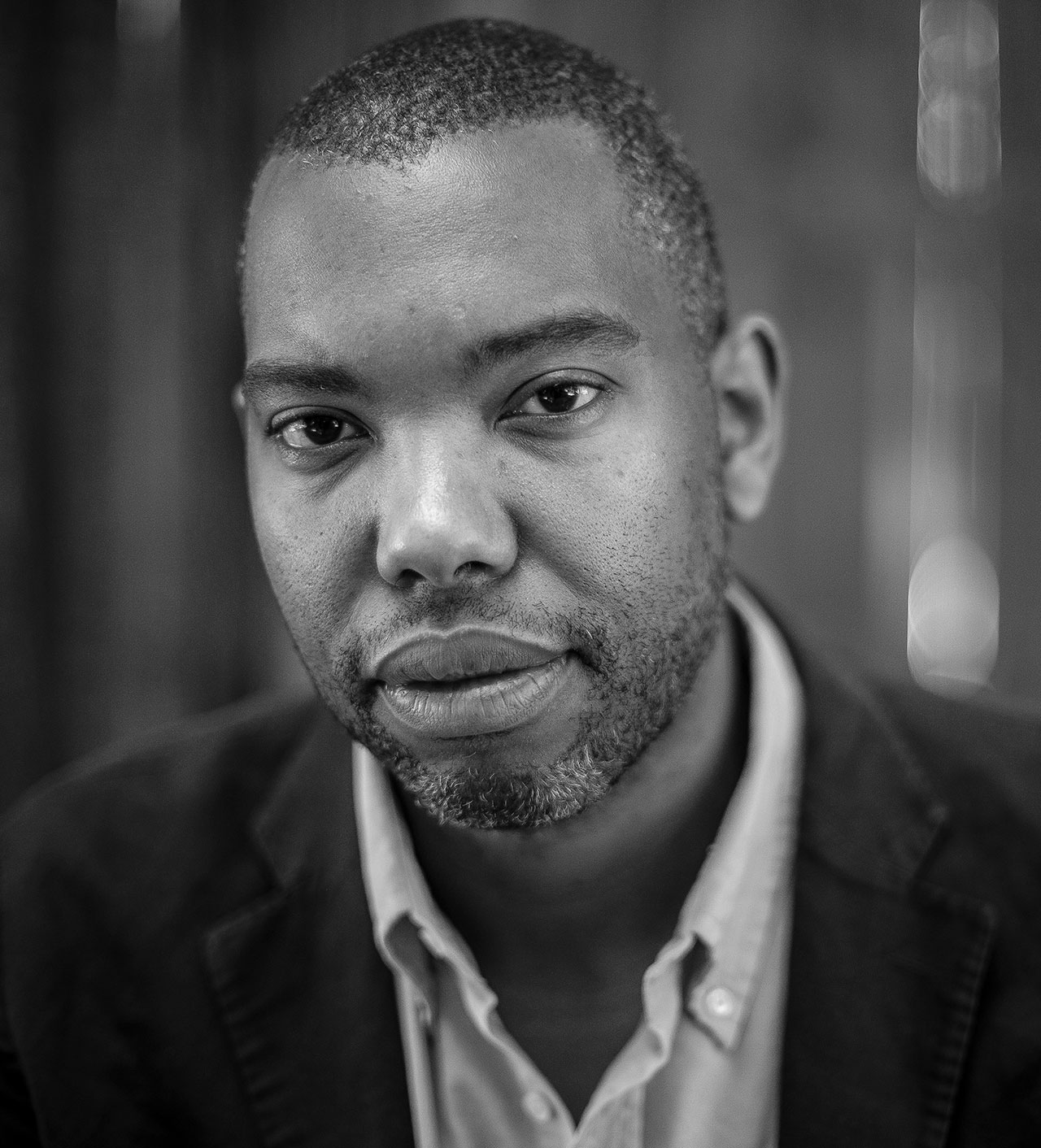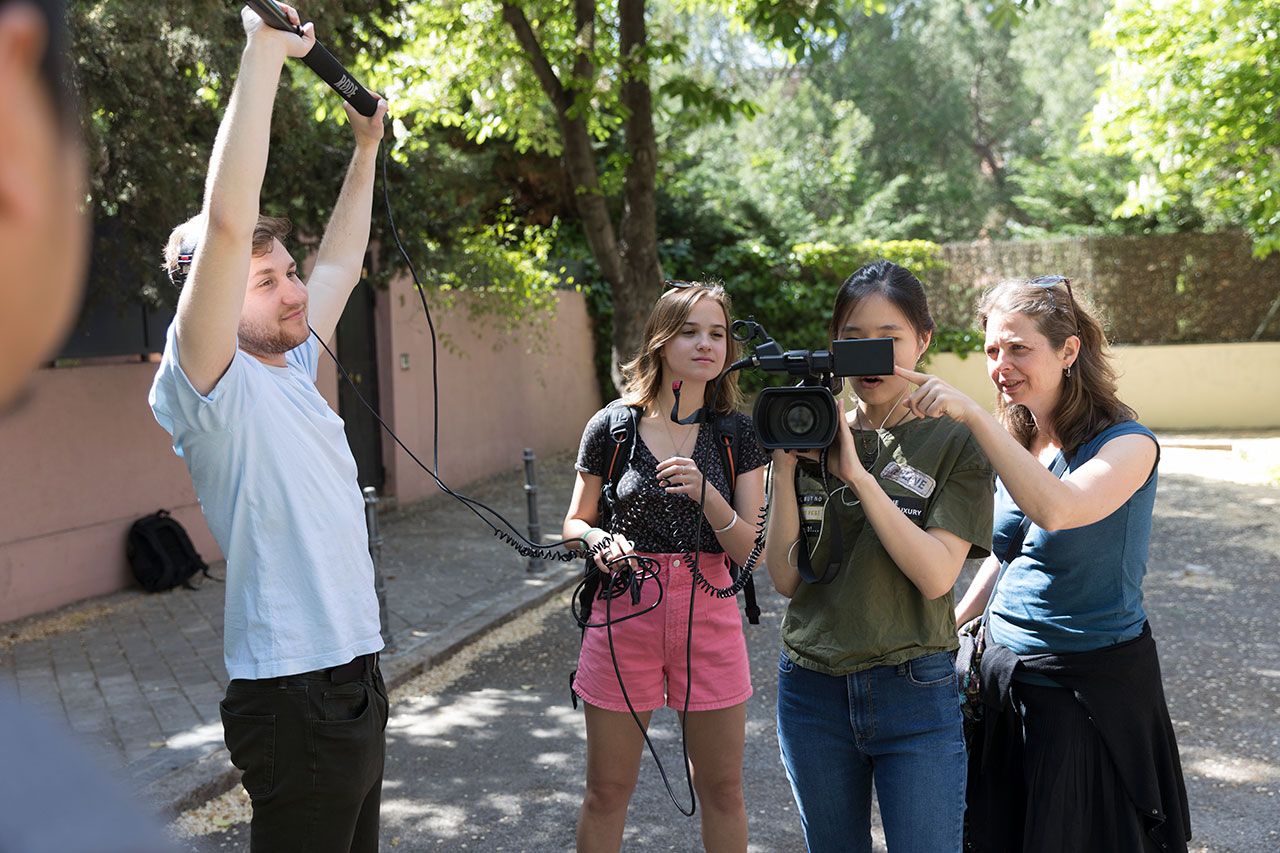
The 2015 National Book Award for Nonfiction for Between the World and Me. A MacArthur Foundation Fellowship. A National Magazine Award for Essays and Criticism. Ta-Nehisi Coates is an award winner.
A former national correspondent for the Atlantic, reporter for the Washington City Paper, and contributor to the New York Times Magazine, the New Yorker, and the Washington Post. Ta-Nehisi Coates has written for some of print media’s most respected publications.
And for the past three years, Ta-Nehisi Coates has taught at NYU—as an Arthur L. Carter Journalism Institute distinguished writer-in-residence.
“Writing is work. And the work is the most important thing about it.”
—Ta-Nehisi Coates
When he was presented with the opportunity to teach journalism at NYU, Coates shares that the University’s reputation and the chance to work with students who are well-read and, more importantly, good readers made the decision a “no-brainer.” “I feel like part of your responsibility once you reach a certain level as a writer is to pass on what you have,” says Coates.
He is deliberate—as well as technical—in his approach to passing on the knowledge and experience he has. Through weekly reading assignments, Coates teaches his students how to break down a piece of writing and understand why it is worth a closer look. “Great writing gives a feeling—a deeply, deeply, emotionally satisfying feeling. We try to understand why that is,” he says. What are the sentence structures? What words are used? And how do they fit together to deliver emotional satisfaction?
Students use these insights to inform their own writing, producing pieces that receive the same in-class treatment as the reading assignments. Their work is discussed and pulled apart to figure out what works and what doesn’t. Through this process, Coates teaches his students what he feels is the most valuable lesson they can learn: writing is built. “Just because you sit down to write something and it’s not working doesn’t give you the right to walk away from it,” he says. “There’s no magic here. You’re not going to smart or talent your way into great writing. All of my students are smart and talented. This is about everything that comes after that.”
Coates teaches this way because it strengthens his students’ ability to put in the work that’s required to produce clear and forceful writing—and it gives him a framework to offer an analysis of what he sees and feels. “At a certain point, writing is muscle memory because you’ve been doing it for so long,” he says. “But to teach, you have to be able to explain things.”
Coates candidly admits that he hasn’t always spent much time thinking about how the words, sentences, and structures of the writing he admires work together to produce greatness. But through his experience teaching journalism at NYU, the National Book Award winner has had the chance to learn as well. In having the framework to explain words and sentences and break down structures with his students, Coates says with a laugh, “I’ve also gotten a better understanding of why writing works.”



